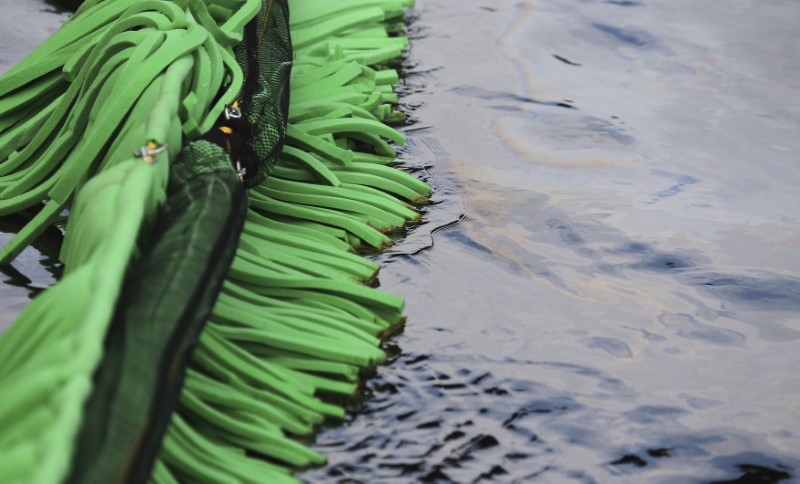By Ketki Saxena
Investing.com – On December 7 last year, TC Energy’s Keystone pipeline system saw the worst oil spill in its history, when an initially estimated 14,000 barrels of crude oil leaked into a creek in Washington County, Kansas.
Today, TC Energy (TSX:TRP) has announced the results of its investigations around the leak, citing a combination of factors as reasons for the spill. including bending stress on the pipe and a welding flaw. The company specified that said the weld flaw caused a crack grew over time due to bending stress fatigue, leading to the spill.
A metallurgical analysis noted no issues with the strength or material properties of the pipe or manufactured fitting, TC energy noted. The company also added that the pipeline was operating within its operational design and within the pipeline design maximum operating pressure.
TC is is also conducting an analysis of other segments of pipe with potentially similar conditions and increasing in-line inspections.
In its press release, TC also announced the cost of clean up and remediation of the spill (now revised downwards to 12,937 barrels. The company says the total effort will cost an estimated US$480 million, although “This estimate may be adjusted as we continue to progress work on site”.
The company is working with its insurers to maximize cost recoveries.
December’s oil spill had affected global markets by severely reducing deliveries and inventories at the storage hub at Cushing, Oklahoma, particularly as the 154-km section running from just south of Steele City, Nebraska to Cushing, Oklahoma remained shut down until the end of December. This segment carries heavy crude from Western Canada to the U.S. Midwest.
Two of the three legs of the keystone 4,324-kilometre, 622,000-barrel per day pipeline system reopened a week after the spill at reduced rates: the leg running from Hardisty, Alberta, to Patoka, Illinois, and the Marketlink pipeline segment connecting Cushing to the U.S. Gulf Coast.
The oil spill - not the first in Keystone’s history - was exactly the sort of event that led environmentalists to protest and Joe Biden to cancel TC Energy's proposed Keystone XL extension in 2021.
However, it's crucial to note that pipelines are widely considered by experts to be a significantly safer mode of crude transport than either rail or truck.
